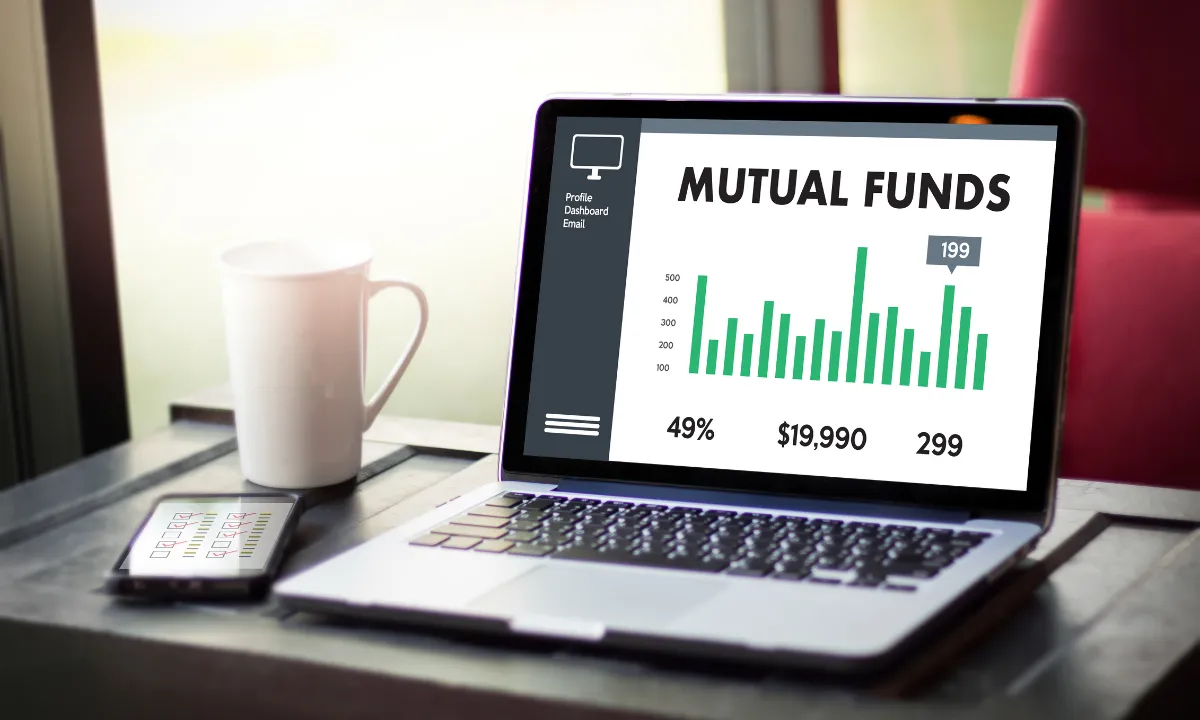A credit limit is the maximum amount of money that a lender allows you to borrow on a credit card or loan. It’s an important part of managing your finances, as it helps prevent overspending. Many people may find themselves tempted to use their full credit limit, especially in urgent situations.
Imagine you’re driving to work when your car suddenly breaks down. Faced with unexpected repair costs, you pull out your credit card and max it out to cover the expenses. Initially, this seems like a practical solution, but using 100% of your credit limit can have negative consequences.
When you max out your credit card, your credit utilization ratio skyrockets. Lenders pay close attention to this number when deciding your creditworthiness. If your ratio is above 30%, it may signal to them that you’re financially unstable. This can lead to higher interest rates in the future or a rejection for new loans.
Using your full credit limit can have negative effects on your finances. While it might seem necessary at the time, you should understand how it can impact your financial health and credit score in the future.
The Risk of Maxing Out Your Credit Cards
- Impact on Your Credit Score: Credit utilization, which is the ratio of your current credit balance to your total credit limit, is an important factor that lenders consider when assessing your creditworthiness. Ideally, you should aim to keep your credit utilization below 30%. If your utilization rate goes above this point, it may cause financial problems and hurt your credit score. This can make it harder to get loans in the future.
- Increased Interest Rates: If you regularly use your full credit limit, some lenders might consider you a high-risk borrower. This could lead to higher interest rates on future loans or credit cards. When you carry a high balance, any interest you earn can become a financial burden, making it difficult to pay off your debt.
- Fees and Overlimit Charges: Some banks may charge fees if you exceed your credit limit, and while others might allow you to go over, this can lead to unexpected charges, further complicating your financial situation.
- Financial Stress: Relying too much on credit can cause financial stress and anxiety. If you max out your credit card, you may have to make only the minimum payments. This can extend the time you’re in debt and lead to paying a lot more in interest over time.
When Might Using Your Full Credit Limit Be Acceptable?

While generally not advisable, there are a few specific situations where using a high percentage of your credit limit might be justifiable:
- Emergency Situations: If you’re faced with an unexpected emergency, such as medical expenses or car repairs, using your credit card could be a necessary option. Be sure to create a repayment plan as soon as your financial situation stabilizes.
- Building Credit History: If you want to build or improve your credit score, use your credit wisely. You can show lenders that you’re a good risk by using your credit card to its limit and then paying it off on time. Just make sure to pay it off within the billing cycle.
- Promotional Offers: Sometimes, credit card companies offer promotional rates for new purchases or balance transfers. If you can take advantage of these offers without creating long-term debt, it could be a good decision.
Conclusion
Using 100% of your credit limit might seem easy or necessary sometimes, but it can lead to problems. When you max out your credit card, you risk hurting your credit score and increasing your financial stress. It’s better to manage your credit responsibly. Keep a low credit utilization ratio and make payments on time. By understanding these risks and using smart strategies, you can create a strong financial future and enjoy the benefits of credit cards.







